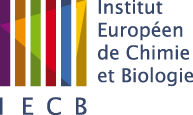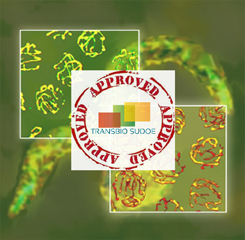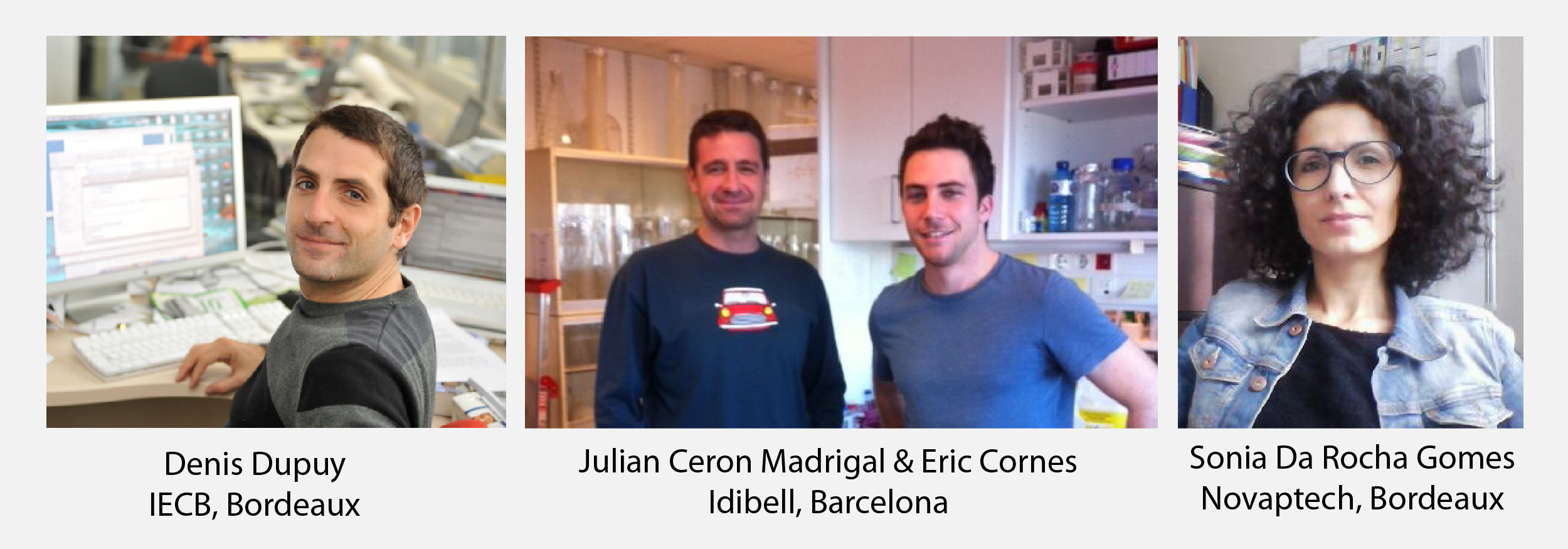| The 1st TRANSBIO SUDOE collaborative project has been approved! |
|
The 1st TRANSBIO SUDOE collaborative project has been approved! This 1st collaborative project called «Functional genomic analysis of the SM-like protein family in C. elegans» and led by a transnational team (Denis Dupuy, PhD, IECB, Bordeaux and Julian Ceron Madrigal, PhD, Idibell, Barcelona) has just been awarded funding from the Transbio Sudoe European program. During a 4 months period this project will allow scientific progress in the understanding of the regulation of LSM genes in C. elegans. The functional genomic analysis of the SM-like protein family in C. elegans relies on multiple technical skills which are perfectly combined in this French-Spanish cooperation. The genetic studies carried by the Barcelona team are indeed complemented by the state-of-the-art equipment available in the Dr. Dupuy’s team (IECB, Bordeaux) allowing a quantitative measurement of gene expression at a large scale level in whole, intact, animals. The Transbio Sudoe funding will allow Eric Cornes, PhD student at Idibell to join the Bordeaux site for a period of 4 months to deepen his research initiated in Barcelona. A third key partner will be part of the adventure. Novaptech, a technology transfer unit, is indeed specialized in selecting aptamers (structured oligonucleotides (DNA, RNA, modified RNA) able to interact with a wide variety of targets (proteins, nucleic acids, toxins, …). The contribution of Novaptech, under the supervision of Dr Sonia Da Rocha Gomes, will concern the selection of aptamers allowing to characterize the precise mechanisms of interaction between the LSM complex and RNA molecules. A project to be followed very closely! *Caenorhabditis elegans is a nematode from the Rhabditides family. It’s used as a model organism to study,
|
2, Rue Robert Escarpit - 33607 PESSAC - France
Tel. : +33 (5) 40 00 30 38 - Fax. : +33 (5) 40 00 30 68






